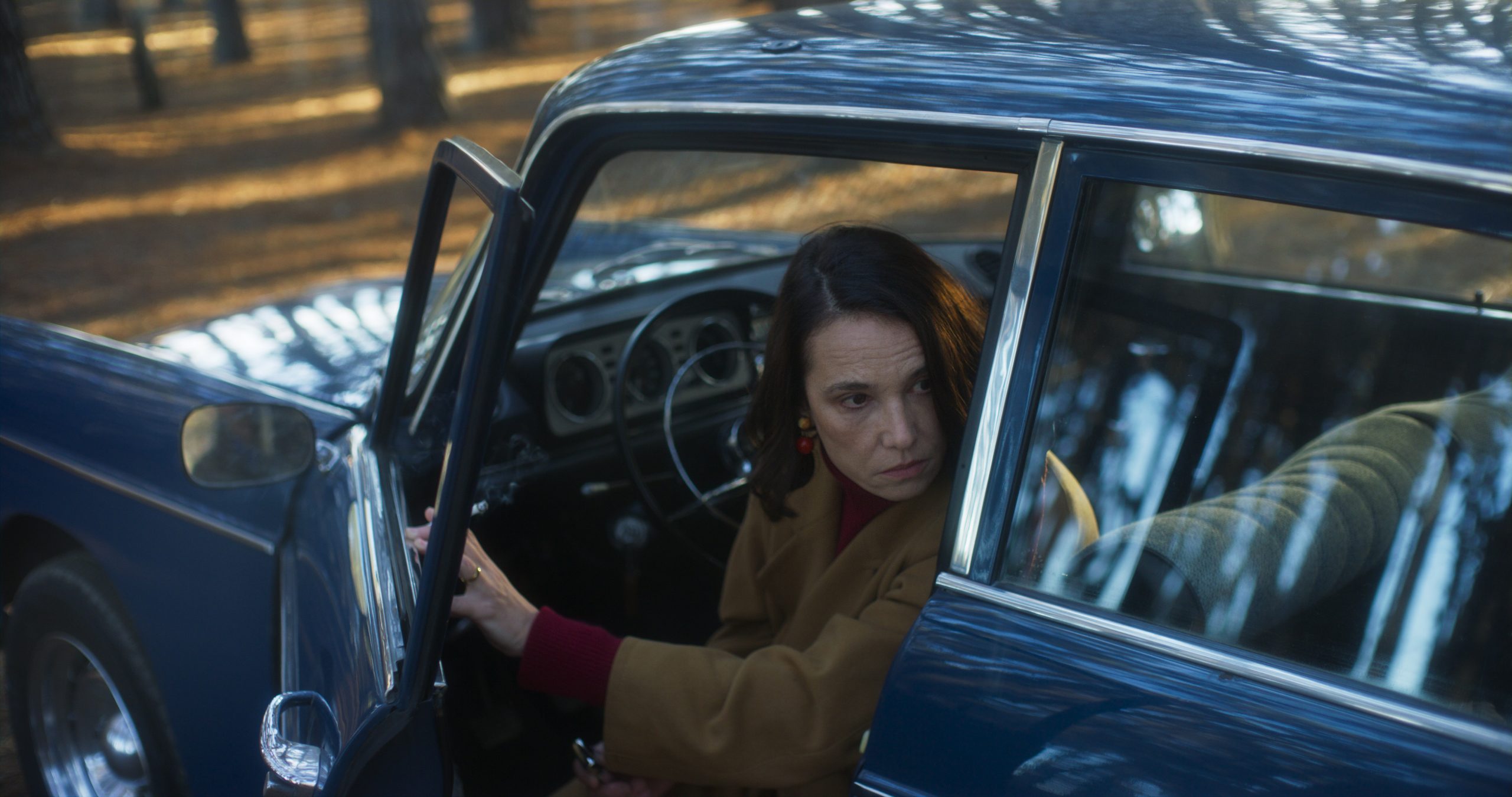1976 Review
“What a sad country” a young woman remarks over dinner in the opening scenes of Manuela Martelli’s stark portrait of Pinoche’s Chile. Set in the eponymous year, 1976, three years after the military coup, in a time of intense political upheaval and societal paranoia, we meet a middle-class woman in the process of renovating her holiday home by the sea. When a local priest appeals to her catholic sense of decency to care for an injured young man he is sheltering, who in turn shelters secrets of his own, her life begins to unravel in ways she never could have imagined.
Would you risk it all to help someone in need? Is the fate of a nation more important than your own? It’s through Aline Küppenheim’s (A Fantastic Woman) outstanding lead performance as Carmen, a woman whose own moral compass wrestles with that of her countries, whose sheltered middle-class life rubs uncomfortably alongside what she knows is right, that Martelli presents these moral and ethical quandaries.
Carmen’s descent into a world of political intrigue and mistrust is soundtracked by a brooding, anachronistic score by Mariá Portugal, brilliantly externalising Carmen’s internal anguish. Yarará Rodríguez’s cinematography, too, creates a sense of unease; wisely lingering on close ups of Küppenheim, firmly rooting the audience in the point of view of a woman on the edge.
It’s an assured and nail-biting first feature from Martelli, exploring political dissent, patriarchal and class structures, all through the guise of a paranoid conspiracy thriller (think Pablo Larraín’s No meets Michael Mann’s The Insider), that acts as both a terrifying portrait of a nation’s history and a propulsive, impeccably acted exercise in genre filmmaking.
1976 is available to screen now. Find out more.
Words by Pat Greenhough.
